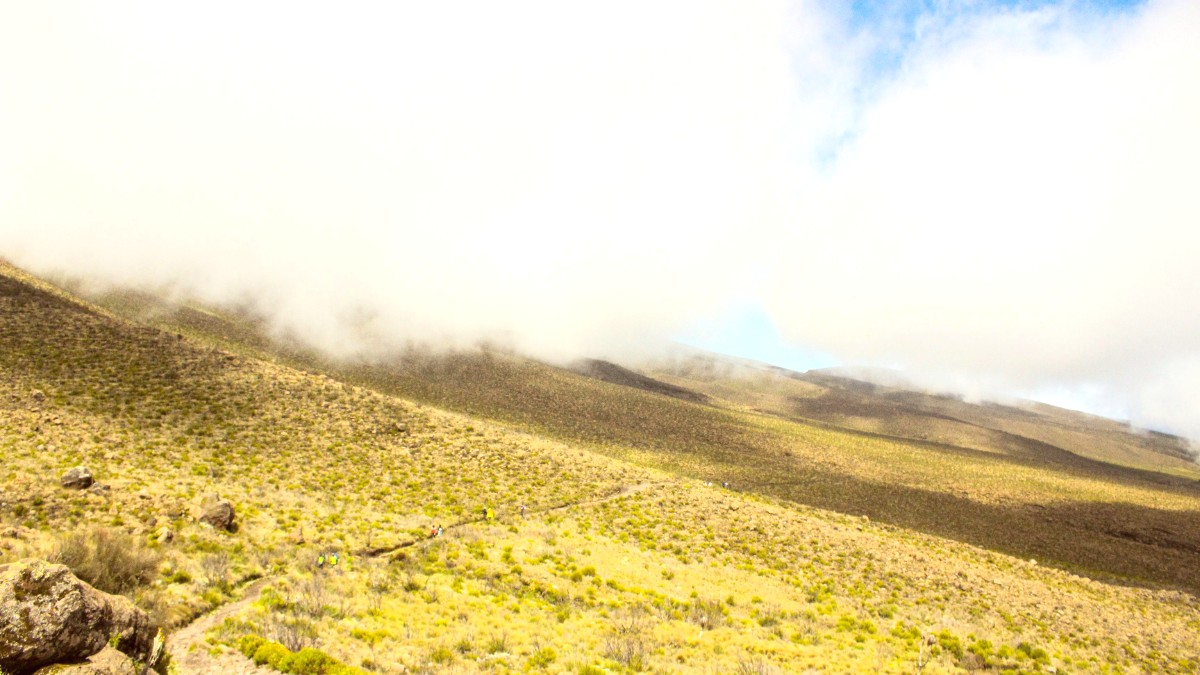
Tanzania
Budget-friendly options with dormitory beds and private rooms. The Secret Garden and Kilimanjaro Backpackers are examples.
Small, locally owned establishments providing basic to mid-range comfort. They give good value.
These range from basic to international chain standards. Lodges often offer a more tranquil setting outside main towns.
Platforms like Vrbo or Airbnb list apartments. Homestays offer cultural immersion.
The Marangu route uses dormitory-style huts. They offer basic shelter, bunk beds, and communal dining. No heating or running water inside.
Machame, Lemosho, Rongai, Umbwe, and Northern Circuit use tents. Reputable operators supply quality sleeping, mess, toilet, and kitchen tents.
Some coffee farms near Moshi have guesthouse-style accommodation, giving an unique cultural immersion.
Village homestays around Moshi offer insights into local life. Local tour operators frequently arrange these.
Understand the character of Moshi and Arusha, and choose the right location for your pre and post-climb stays.
Moshi and Arusha are generally safe for tourists during the day. Use caution regarding petty crime like pickpocketing, especially in crowded areas. Avoid walking alone at night. Your tour operator or hotel can advise on specific safe locations.
Moshi sits close to Kilimanjaro park gates and local excursions. Arusha sits near Arusha National Park and links to longer safaris. Town centers can be noisy, while outskirts offer a quieter atmosphere.
Join a group climb rather than a private trek. Choosing a shorter route (6-day Marangu) can reduce park fees and staff wages, though it has lower success rates.
Rent gear like sleeping bags or jackets from your operator or local shops. Stay in budget guesthouses or hostels pre/post climb rather than luxury lodges.
Eat at local restaurants in Moshi or Arusha; these cost less than tourist-oriented ones. Use public transport like dala-dalas where appropriate.
Climb: Generally costs $1,800 to $2,500 for a 6-7 day climb with a local operator. These packages offer basic services, shared tents, and guides with less experience. This cost excludes international flights, pre/post climb hotels, tips, or personal gear.
Climb: Expect to pay $2,500 to $4,000 for a 7-8 day climb with a reputable, ethical operator. Such operators offer good gear, pay staff well, include better food, and follow safety protocols.
Climb: Costs start from $4,000 and can exceed $6,000 for an 8-9 day climb with a high-end operator. These services might include private treks, luxury camps, oxygen support, gourmet food, private toilets, and highly experienced guides.
These cost estimates apply to the Kilimanjaro experience itself. Remember to factor in international flights, personal gear purchases, visas, and travel insurance separately.
Hostel/Budget Guesthouse: $15 - $40
Mid-range Hotel: $50 - $150
Luxury Lodge/Hotel: $180 - $400+
Local Eatery/Street Food: $3 - $8
Mid-range Restaurant: $10 - $25
Fine Dining: $30 - $60+
Dala-dala: $0.50 - $1
Taxi (short ride): $3 - $10 (negotiate)
Materuni Waterfalls/Coffee Tour: $30 - $60
Chemka Hot Springs: $10 - $20
Day Safari: $150 - $300
The local currency is Tanzanian Shilling (TZS). USD is widely accepted for tourism-related services and transactions, especially for larger payments.
ATMs are readily available in both Moshi and Arusha. It is wise to inform your bank of your travel plans before departure to avoid card issues.
Credit cards are accepted at larger hotels and restaurants. For smaller purchases, local markets, and street vendors, cash transactions are the common form of payment.
When exchanging foreign currency or paying with USD, ensure your banknotes are clean, new, and free from tears or marks, as older or damaged notes may not be accepted.
Optimize your climb expenditure by making smart choices on the mountain.
Reduce expenses during your stay in Moshi or Arusha.
Use global platforms like Booking.com and Agoda for diverse options. Explore Hostelworld for budget stays and IHG Hotels for branded properties. Vacation rentals are available on Vrbo.
Choose a reputable tour operator directly. Research their safety records, reviews, and policies regarding porter welfare. Affiliation with organizations like KPAP (Kilimanjaro Porters Assistance Project) signifies ethical practices.
For longer-term or unique stays, consider TrustedHousesitters for house/pet sitting exchanges. Look into local community-based tourism programs for authentic village experiences.